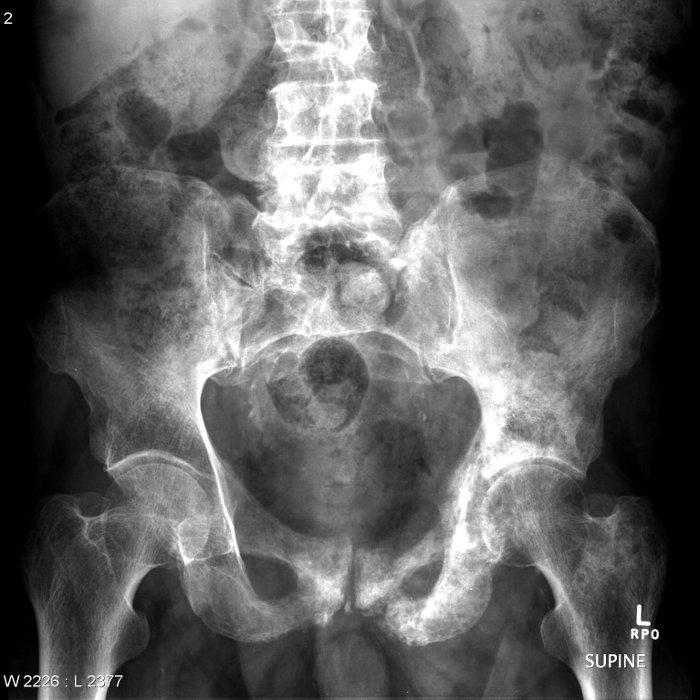Health boss sacked over prostate problem
 SA Pathology executive director Ken Barr has been sacked after a bungle that saw about 100 patients given false positive results for prostate cancer.
SA Pathology executive director Ken Barr has been sacked after a bungle that saw about 100 patients given false positive results for prostate cancer.
Errors have turned up in test results from SA Pathology that were only picked up when Adelaide urologist Peter Sutherland was forced to order fresh testing for some of his patients.
The patients had returned concerning results, suggesting they still had prostate cancer despite already having had their prostate glands removed.
“Thankfully we repeated the test with other labs and showed it wasn't correct,” Dr Sutherland has told reporters.
“[Some patients were] quite distressed and worried about it so there was some real human misery associated with this in some men who were seriously worried they had recurrent cancer.”
Health officials announced SA Pathology executive director Ken Barr had been sacked on the weekend, saying there will be an independent investigation demanded by the Minister.
Central Adelaide local health network chief executive Julia Squire says public confidence must be paramount.
“Sometimes things don't always work to plan in health services, we know that, but it's really important that people feel confident when things don't go right that they know about it and that those issues are identified and we deal with it appropriately,” she said.
SA Health minister Jack Snelling appeared furious at his department’s handling of the matter.
“I don't have an enormous amount of confidence in what I've been told until such time as there is an independent investigator comes in and properly briefs me on what's happened,” he said.
“This is the sort of thing that should be being communicated up to me and I'm extraordinarily frustrated that it wasn't.
“I'm determined to get to the bottom of it. It does worry me though that there are some people in SA Health who don't seem to think that they're answerable to anybody.”
A statement on SA Pathology's website has been criticised for revealing nothing about the blunder.
It only mentions that testing is being reviewed as part of “our continuous quality improvement program”.
“Whilst our PSA results have been highly accurate and reliable in the core range, we have moved to improve values below 0.15ug/L, where some patients have required repeat testing," the statement reads.
“The new method offers a more sensitive PSA assay ... [and] SA Pathology will run previous and current systems in parallel for a minimum of six months.
“This will allow doctors to compare at least two results measured by the new method in individual patients and ensure continuity of care.”
Mr Snelling said the statement was “certainly not what I would call full and frank disclosure”.
“But, as I say, when they're not telling the Minister these sorts of things it does concern me that they're not telling the public about it either,” he added.







 Print
Print